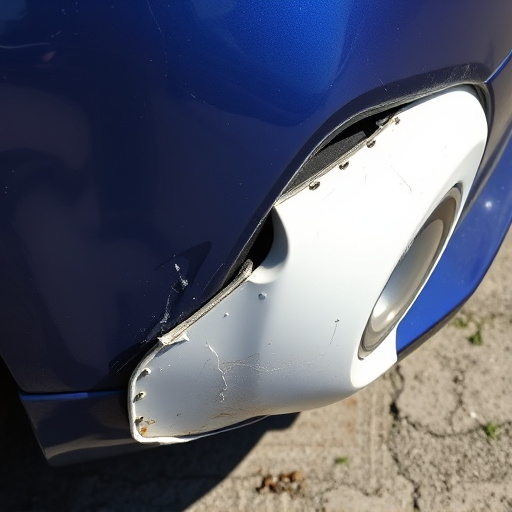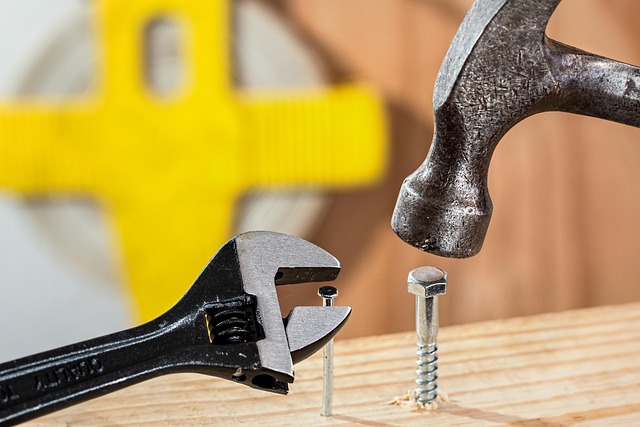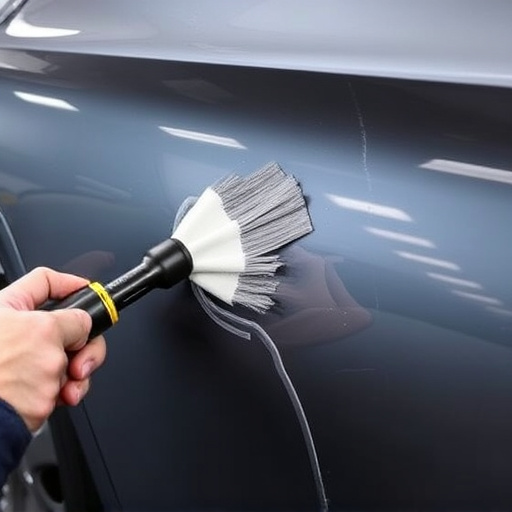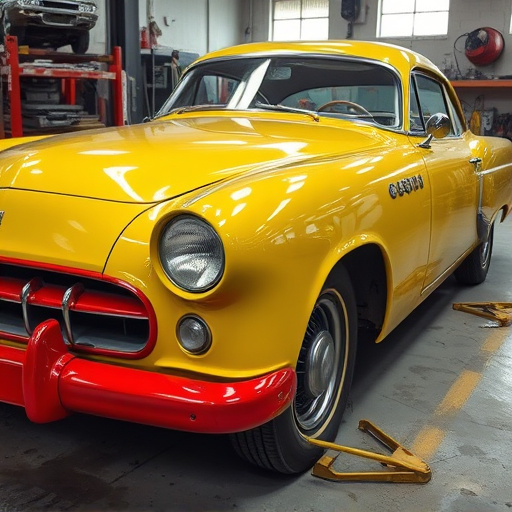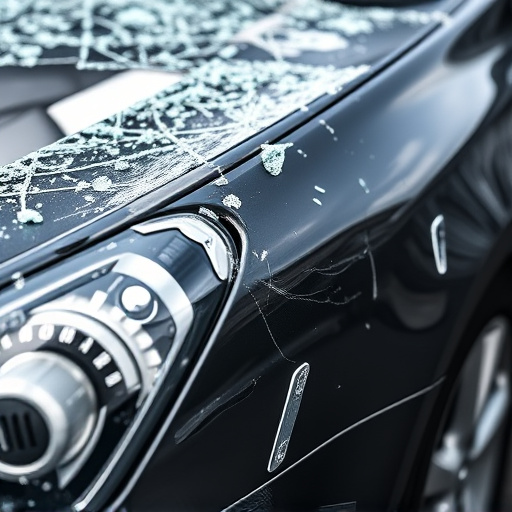Mercedes' run-flat technology allows drivers to continue safe travel after a tire deflates, providing up to 50 mph (80 km/h) of reduced speed. This innovation delays immediate tire replacement needs and reduces roadside assistance requirements. Specialized tools and knowledge are required for safe repairs, with costs varying based on vehicle model, age, and damage. Run-flat tires offer Mercedes owners a significant advantage, streamlining service center processes, promoting sustainability, and saving costs over time.
Mercedes run-flat tires have revolutionized road safety with their unique ability to withstand deflation. This technology offers drivers peace of mind, especially during unexpected punctures. However, it significantly impacts tire replacement processes and costs for both owners and service centers. Understanding this innovative system is crucial when navigating Mercedes run-flat tire replacement. This article explores the intricacies, benefits, and considerations associated with this advanced technology.
- Understanding Run-Flat Technology in Mercedes Tires
- Impact on Tire Replacement Process and Cost
- Benefits and Considerations for Owners and Service Centers
Understanding Run-Flat Technology in Mercedes Tires

Mercedes run-flat technology is a sophisticated system designed to ensure continuous driving safety even after a tire deflates. Unlike conventional tires that require immediate replacement upon loss of pressure, run-flat tires are engineered to withstand partial or total deflation, enabling drivers to safely reach their destination at reduced speeds. This innovative feature has significantly impacted Mercedes tire replacement processes.
When a Mercedes vehicle equipped with run-flat tires experiences a tire failure, the integrated system temporarily supports the weight of the vehicle, allowing drivers to continue driving at controlled speeds typically up to 50 mph (80 km/h). This capability reduces the need for immediate roadside assistance or autobody repairs, and in many cases, prevents the need for an emergency auto repair near me. The run-flat tire’s reinforced structure ensures stability and handling during this period, making it a game-changer in the way Mercedes owners approach tire maintenance and replacement.
Impact on Tire Replacement Process and Cost

The introduction of run-flat technology in Mercedes vehicles has significantly altered the tire replacement process. Unlike traditional tires that require immediate replacement after a puncture, run-flat tires can support the vehicle’s weight for a certain distance, even with a deflated sidewall. This feature buys time for drivers to safely reach an auto repair shop. In terms of Mercedes run-flat tire replacement, it involves specialized tools and knowledge. Auto repair shops equipped to handle these tires must have the right equipment, such as specialized lifting equipment and pressure monitoring systems, to ensure safe and effective removal and installation.
The cost of Mercedes run-flat tire replacement can vary depending on several factors, including the make and model of the vehicle, the age of the tires, and whether there was any prior damage or wear. While the initial investment in run-flat tires might be higher compared to conventional ones, their extended lifespan and enhanced safety features could offset these costs over time. In the event of a vehicle collision repair involving run-flat tires, it’s crucial to have an experienced auto shop that understands the intricacies of this technology to perform the necessary repairs or replacements without compromising safety or structural integrity.
Benefits and Considerations for Owners and Service Centers

For Mercedes owners, embracing run-flat technology offers a unique advantage in terms of tire replacement. In the event of a flat tire, these tires are designed to temporarily support the vehicle’s weight and allow for safe driving at reduced speeds, eliminating the need for immediate replacement. This feature not only provides peace of mind but also delays the necessity of visiting a service center for tire repair or replacement, potentially saving time and money on vehicle repair.
Service centers catering to Mercedes owners can also benefit from run-flat technology. It streamlines the tire replacement process, reducing the frequency of visits for routine tire maintenance. Moreover, as these tires can be remolded and reutilized after proper inspection and repair, it contributes to sustainability efforts and reduces waste in vehicle dent repair processes, aligning with modern eco-conscious practices. This technology, therefore, presents a win-win scenario for both owners and service centers, enhancing the overall car care experience while considering long-term cost savings and environmental impact, including minimal need for car scratch repair.
Mercedes run-flat technology significantly transforms the tire replacement process, offering both advantages and unique considerations. By eliminating the need for a spare tire, it streamlines maintenance and reduces weight in vehicles. However, specialized knowledge is required to install and balance run-flat tires, impacting service center operations and costs. For owners, understanding this technology ensures proper care and awareness of potential issues. While run-flat tires enhance safety and convenience, their specialized nature necessitates adapted service strategies for Mercedes dealerships and a heightened level of customer education.






